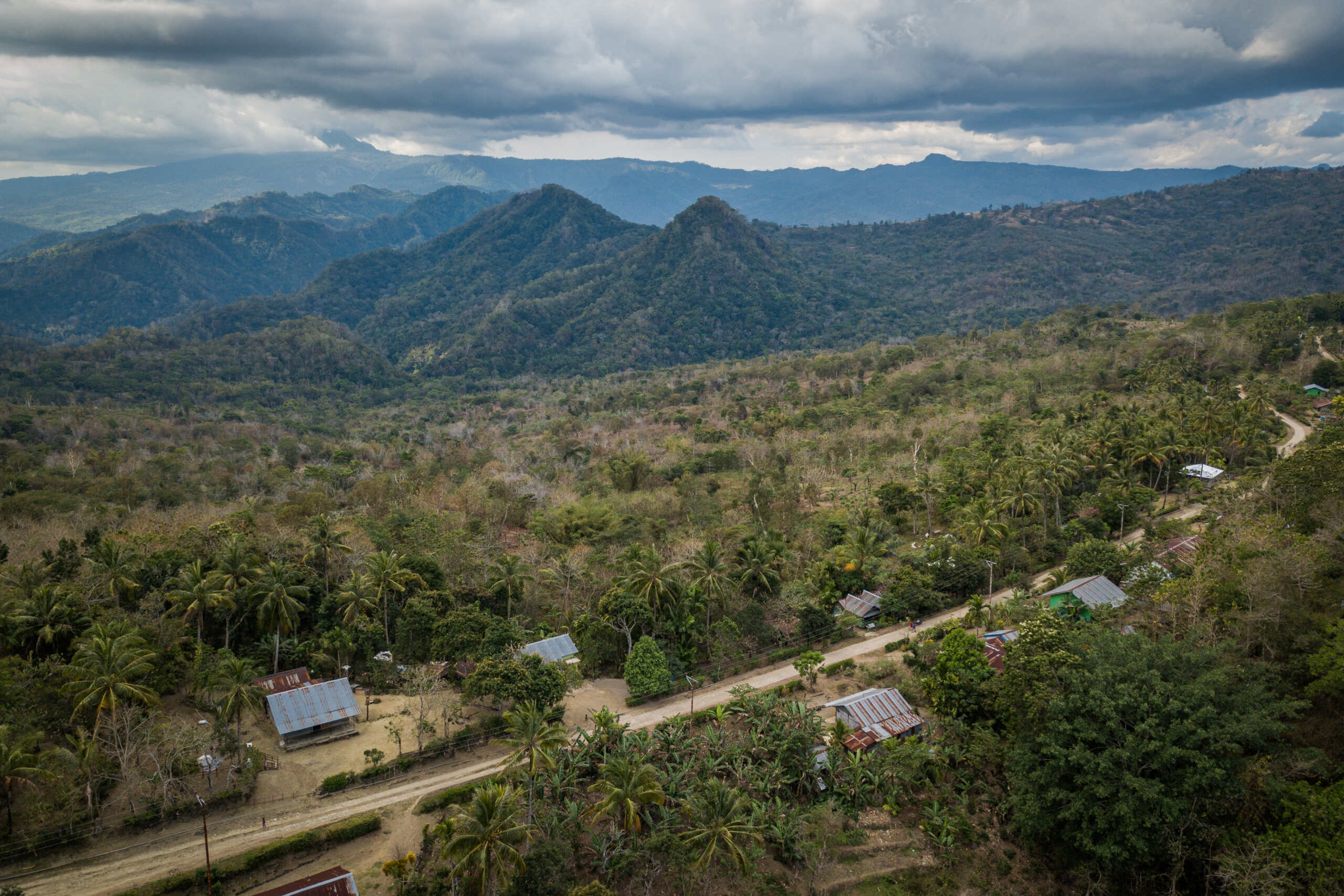A better future for all children, including those with disabilities
Stories | February 9, 2022
On 20 November, CBM Australia celebrated World Children’s Day 2021.
For many of us, global events over past two years have left us in a state of uncertainty. From the Covid-19 pandemic to ongoing debate around climate change, the future has become increasingly hard to predict. However, one thing is certain, if we want to invest in our future, we must invest in our children.
Across the globe, around 93 to 150 million children live with a disability. These children are less likely to go to school, are more likely to face stigma and discrimination, be socially isolated, and experience higher levels of violence and poor health. Working with partners across Asia and Africa, CBM Australia is committed to creating a better world for all children, especially those in the poorest parts of the world and children with disabilities.
In South Sudan, CBM worked with partners on a Community Based Inclusive Development (CBID) project to improve the quality of life of people with disabilities, including children, through the promotion of rights and access to health and rehabilitation services, inclusive education and livelihood opportunities.
One person to benefit from this project was Julius – a nine-year-old boy living with a disability.
Julius was just nine months old when he began to show signs of a disability. Not understanding his son’s disability – labelling it an “illness” – Julius’s father left the family, while his mother was forced to give up her university studies to care for Julius. Over the next few years, Julius lived with an undiagnosed disability, meaning he did not receive the necessary treatment or support services that could improve his quality of life. Times were tough for Julius and his mother.
In 2016, however, things began to look up. After meeting a community worker from the CBID project, Julius’s mother was told about Usratuna Rehabilitation Centre – a CBM-supported health centre for children with disabilities. At the centre, Julius was diagnosed with Cerebral Palsy (a group of conditions affecting the movement and posture of some 17 million people globally) and given a rehabilitation plan that included physiotherapy. While Julius had limited mobility in his arms, he had strong neck muscles and responded to things going on around him, making his medical specialist believe his communication skills could be improved. With support from the project, Julius continued his rehabilitation by working with an Occupational Therapist to improve his speech, giving him and his mother greater hope for their future.
CBM will continue advocating for the rights of people with disabilities and supporting children, like Julius, to reach their full potential so that they may become the leaders of the future.
CBM acknowledges the support of the Australian Government through the Australian NGO Cooperation Program (ANCP)
https://www.cbm.org.au/stories/a-better-future-for-all-children-including-those-with-disabilities
Related Stories

Week 3 – Lent series 2026
This week, we’re reflecting with our colleague Christian, Supporter Relationship Specialist at CBM Australia, who turns to John 13:34–35 (NIV): “A new command I give...

Week 2 – Lent series 2026
As we continue our Lent journey, we’re grateful to share a heartfelt reflection from CBM Australia’s Head of Program Impact Operations, Kieran Cummins, who...

Building inclusive, climate resilient communities in Bangladesh
Highlights from DFAT Post’s visit In January 2026, representatives from the Australian High Commission in...
